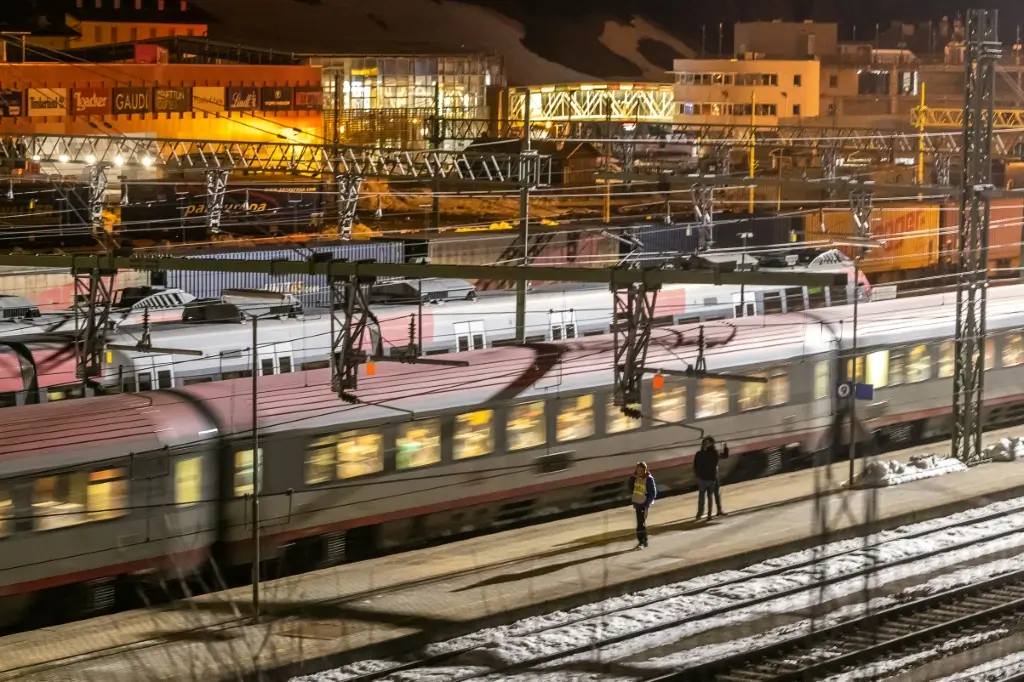
A new study by Greenpeace has revealed that climate-friendly train travel is frequently more expensive than flying on many European routes. The environmental organization compared the lowest one-way fares for trains and planes across 142 routes at different booking times. The findings show that trains were cheaper than flights on only 46 percent of the routes.
The price comparisons highlight sharp contrasts. From Germany, destinations in Poland, the Czech Republic, Austria, and Belgium are generally cheaper to reach by train. However, tickets to France, Spain, the United Kingdom, and Italy often cost significantly more than flying.
The most striking disparity was recorded on the Cologne–Manchester route. Passengers booking train tickets at short notice faced prices of around €300, while flights on the same route were available for as little as €20.
On domestic routes, however, trains are usually more affordable. Greenpeace found that in 70 percent of the domestic connections examined, plane tickets cost more than rail travel. For cross-border routes, this was true for only 39 percent.
Greenpeace’s analysis focused solely on price. However, other factors influence traveler choices. The significantly shorter travel time by plane on routes such as Cologne to Manchester remains a decisive factor. In addition, poor punctuality in Deutsche Bahn’s long-distance services discourages many business travelers from choosing trains.
The study also did not account for other cost factors. Flights often become considerably more expensive when baggage is added, while carrying luggage by train is typically free. Booking time was also not considered, although early reservations with Deutsche Bahn can significantly reduce ticket prices. Accessibility of train stations and airports was likewise left out of the comparison.
Deutsche Bahn welcomed the findings, stressing that real travel behavior paints a different picture. A company spokesperson highlighted that “on heavily used international routes from Germany, train travel is clearly cheaper.” For example, the Frankfurt–Paris route is not only more affordable but also faster, given the central location of train stations.
Despite the mixed results, Greenpeace argued that much more needs to be done to make rail travel attractive. “Many people would prefer to take the train for their holidays but are deterred by poor connections, complicated bookings, and excessive prices,” said Lena Donat, Greenpeace’s transport expert.
The group criticized what it sees as an unfair system, where aviation benefits from generous subsidies and tax exemptions, while rail travel faces numerous levies. Greenpeace is calling for more direct European train connections, lower taxes on rail travel, and fair taxation of flights, beginning with a ticket tax on business and first-class flights.
The organization emphasized that flying is the most climate-damaging and socially inequitable form of travel. It pointed out that just one percent of the global population is responsible for half of worldwide flight emissions through frequent flying.
Greenpeace had already analyzed 111 of the same routes in 2023. According to the latest results, the price gap between train and air travel has slightly narrowed since then. This improvement is attributed to better train services and a reduction in low-cost flight connections through hubs such as London and Dublin. Donat described the improvement as “a small glimmer of hope” for train travel in Europe.